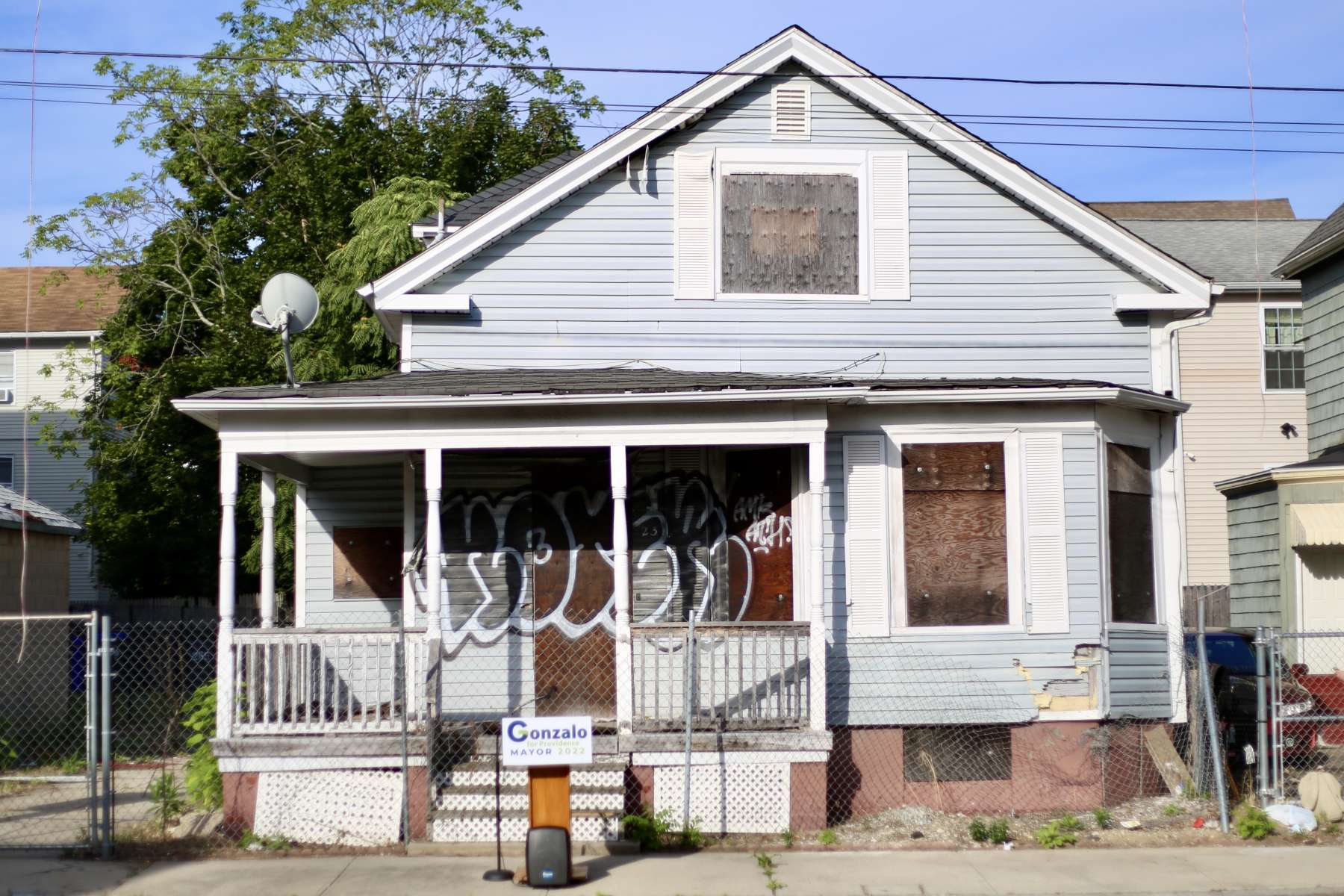Report: Affordable housing shortage has worsened in RI for renters with extremely low incomes
“When there isn’t enough supply, people are left with nowhere to go and often end up living outdoors” said Caitlin Frumerie, executive director of the Rhode Island Coalition to End Homelessness. “In the last two weeks, there were 379 Rhode Islanders who are unsheltered and scores more who are housing insecure. We must address this gap before the crisis worsens.”
March 16, 2023, 12:31 pm
By Uprise RI Staff
The Gap: A Shortage of Affordable Homes, a new report released today by the National Low Income Housing Coalition (NLIHC), finds a national shortage of 7.3 million affordable and available rental homes for extremely low-income renter households.
Between 2019 and 2021, the shortage of affordable housing for extremely low-income renters worsened by more than half a million units. While rental inflation has cooled going into 2023, extremely low-income renters will continue to face significant barriers to finding and maintaining affordable housing, as their incomes are insufficient to cover even modest rental prices.
Every year, The Gap reports on the severe shortage of affordable rental homes available to extremely low-income families and individuals. The new Gap report finds that the economic repercussions of the COVID-19 pandemic, followed by significant rent increases, drastically impacted the supply of affordable and available rental homes in recent years. As households lost income and rental prices increased, the number of extremely low-income households rose, while the number of units affordable to them shrank.
In Rhode Island, there are 51,596 extremely low-income households but only 27,547 affordable rental homes available to them. Rhode Island has just 74 affordable and available rental homes for every 100 households with extremely low incomes.
Facing a shortage of 24,049 affordable and available rental homes, 60 percent of Rhode Island renter households are severely housing cost-burdened, spending more than 50 percent of their monthly income on housing.



“According to this year’s Gap report, more than half Rhode Island’s renter households are severely housing cost-burdened. Since a disproportionate share of their income is being spent on monthly housing costs, this makes it difficult for these households to afford other essential needs, such as food, child and healthcare expenses,” said Housing Network of Rhode Island executive director Melina Lodge. “The staggering shortage of affordable and available rental homes means that it is imperative that Rhode Island continue to invest in policies and programs that will expand our stock of affordable homes, and we must act with urgency. Fortunately, there is a window of opportunity for us to capitalize on, with strong leadership in the House of Representatives by Speaker Shekarchi and the availability of federal resources to make initial investments – Rhode Island can still turn its housing crisis around.”
“Each week, the Coordinated Entry System Help Center receives over 1,000 calls from Rhode Islanders suffering due to the devastating housing crisis in our state. This Gap report demonstrates what we are all experiencing, the supply of housing does not meet demand,” said Caitlin Frumerie, executive director of the Rhode Island Coalition to End Homelessness. “When there isn’t enough supply, people are left with nowhere to go and often end up living outdoors. In the last two weeks, there were 379 Rhode Islanders who are unsheltered and scores more who are housing insecure. We must address this gap before the crisis worsens.”
“The Gap report is a great resource to help us think about how we are serving the needs of our extremely low-income renter households. Beyond numbers it is critical to evaluate the overall quality of units,” said Brenda Clement, HousingWorks RI at RWU Director. “With a majority of Rhode Island’s housing stock built before 1980, the age of our housing stock can prove challenging with elevated exposure to lead or asthma triggers. In addition to the production and preservation of additional units for our residents, we must not forget to look after our existing units, ensuring they remain safe, secure, and healthy for Rhode Islanders.”
“As this year’s Gap report makes clear, extremely low-income renters are facing a staggering shortage of affordable and available homes,” said NLIHC President and CEO Diane Yentel. “In the wake of the pandemic, federal housing investments are more critical than ever for sustaining our communities and helping low-income people thrive. Yet House Republicans are now threatening to cut funding for the very programs that provide a lifeline to low-income renters. Balancing the national budget must not be done on the backs of our nation’s lowest-income and most marginalized people and families.”
Rhode Island Housing Secretary Stefan Pryor declined to comment on the story.
The National Low Income Housing Coalition was founded in 1974 by Cushing N. Dolbeare, NLIHC educates, organizes and advocates to ensure decent, affordable housing for everyone. Our goals are to preserve existing federally assisted homes and housing resources, expand the supply of low income housing, and establish housing stability as the primary purpose of federal low income housing policy.
Homes RI is a multi-sector coalition of organizations working together to increase the supply of safe, healthy and affordable homes throughout Rhode Island; coordinated by the Housing Network of Rhode Island. HousingWorks RI and the Rhode Island Coalition to End Homelessness are both partners of Homes RI. We believe Rhode Island can and should be a state where all residents are able to live in safe, healthy and sustainable homes in thriving communities.



